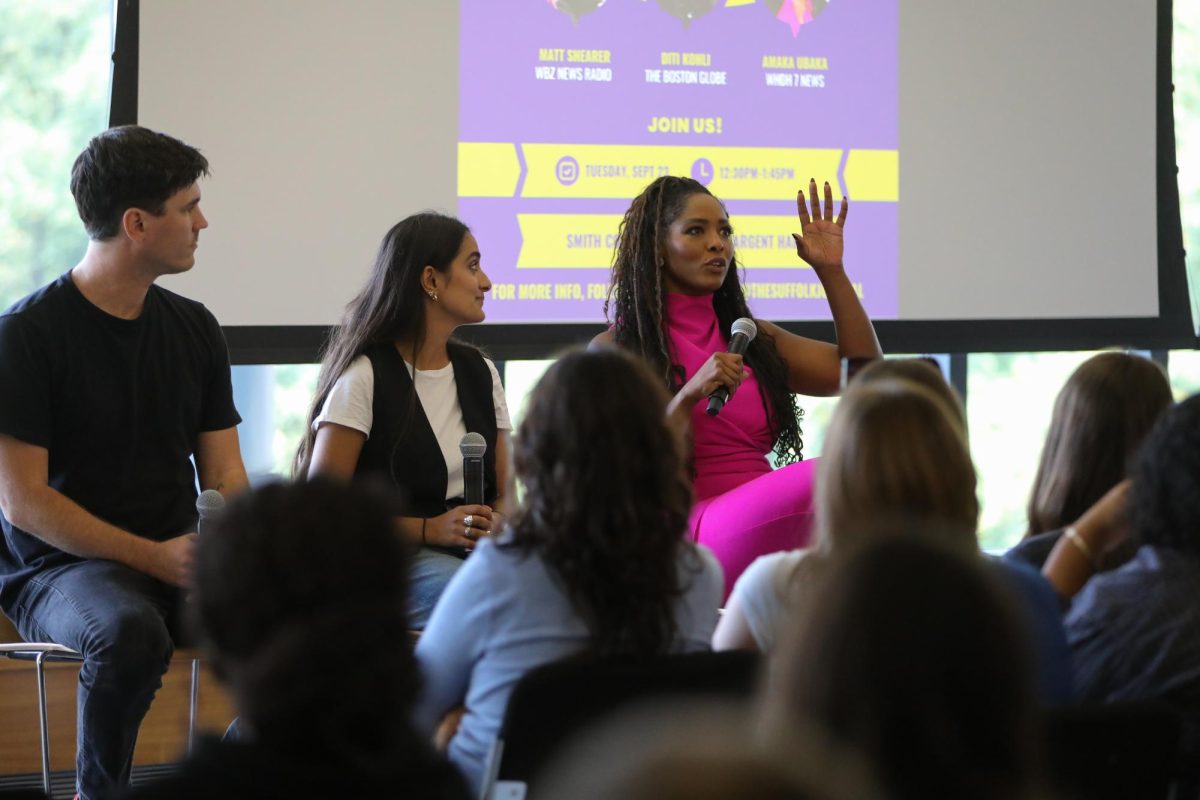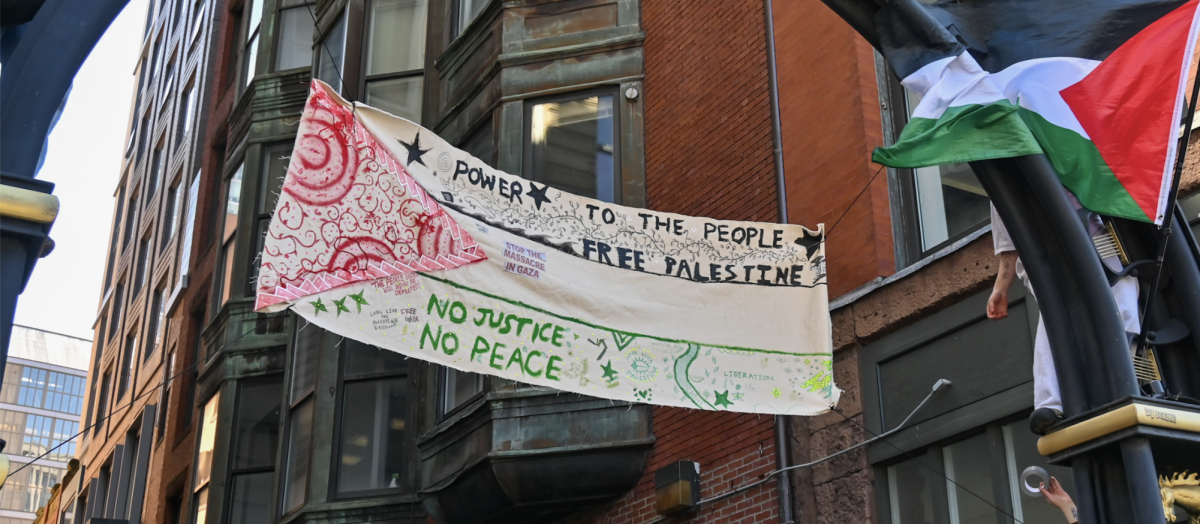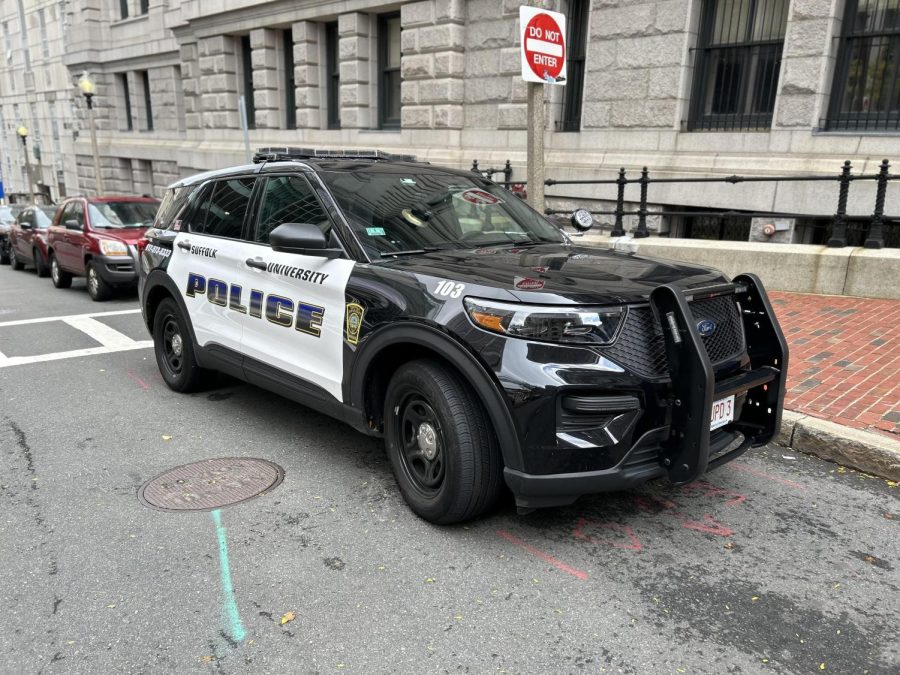UMass Amherst has announced in a press release that it has chosen to ban all EDM-related music shows and concerts indefinitely from the Mullins Center. The school cancelled “Return to Fantazia” back in September and recently canceled “Above & Beyond” and “Pretty Lights,” which were scheduled for this month.
It’s understandable that UMass officials are worried about the recent molly-related deaths at EDM shows in the region. It is not understandable to ban an entire genre of music from campus and expect it to have any sort of positive effect. Banning shows at the Mullins Center is not going to subsequently end the distribution of molly around Amherst or prevent issues that arise from students taking the drug. In fact, UMass even realizes the fact that this ban won’t stop molly use on campus.
“We know EDM concerts are not the only place a student can use molly or other drugs, but the evidence is clear that molly use is closely linked to EDM events,” said the school’s press release.
The recent molly-related deaths are certainly sad, but UMass could be spending its time more wisely by focusing awareness and trying to communicate with students about the drug. Banning EDM on campus is not only going to prevent that communication but create discontent between the students and the UMass SGA and school officials that made the decision. It’s even sadder that the UMass SGA approved of this decision because it shows that two separate groups of people thought that babysitting their student body was the most effective action to take.
The typical college student is anywhere from 18-24 years old. Students at any university are old enough to make their own decisions and are going to do so regardless of any campus policy. Raising awareness about molly is an action Suffolk, UMass Amherst and many other schools have taken since the deaths caused by the drug around New England. UMass Amherst is the only New England school to take such a drastic action.
When radio stations banned The Beatles after John Lennon’s “we’re bigger than Jesus” comment, people still listened to their music. What the radio stations did accomplish, though, was alienating some of their listeners after banning one of the most popular bands at the time. UMass is trying the exact same tactic radio stations did back in 1966 and will see the same results. UMass Amherst would be wise to remove its ban on EDM sometime in the near future. This will likely occur once the school realizes that banning a genre of music has little effect and will not stop molly use by its students.
– Alex Hall, Editor-in-Chief







